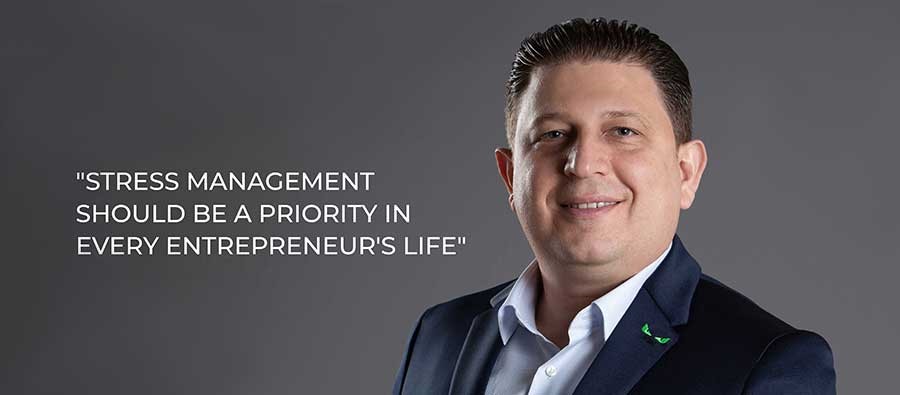There was a time when stress was not considered a topic of concern, especially in the workplace. If a leader felt overwhelmed, mood swings, anxiety, inability to cope with growing responsibilities, and other factors, it would be seen as a “temporary feeling”, or a sign of weakness.
But over the years, research has proven that stress is a serious problem. One that is linked to physical and mental damage in the long run. I have read that stress contributes to headaches, high blood pressure, heart problems, diabetes, skin conditions, asthma, arthritis, and depression. This becomes worse when an entrepreneur works long hours and stays busy micro-managing his or her team.
The stress from the leader then passes on to the team and leads to an unorganized work environment, poor performance, and lack of motivation. This disruption comes back to affect the leader who is then left to struggle with failing operations.
I read an interesting study by Deloitte that said around 91 percent of people in a workplace experience burnout caused by stress, which negatively affects their quality of work. Another study showed that 83 percent noticed this stress going forward to affect their personal relationships.
From these figures, we have come to understand that stress is interlinked. It may start small, but if left unchecked, it will continue to grow and leave a negative impact on several people.
Understanding stress and its management
Stress is inevitable. But leaders can control how they perceive it. It is unfortunate that the idea of stress in the workplace is surrounded by wrong information and misunderstanding. Here are some points I would like to share based on my experience:
Is stress part of leadership?
It should not be. While stress will always exist, it is also possible to stop it from affecting a leader. This can be done through the power of trust in his or her team. One can do this in a way that also promotes inclusion and growth in the workplace.
I feel that a leader should focus on creating a path for the team to follow, then step aside and let them continue the process. Putting too much control on different things is not cost-effective. It does not benefit an entrepreneur and brings unnecessary stress. As a solution, I would recommend building trust with the people you are working with and maintain a secure framework with alternative plans to provide backup.
Stress can be a good thing
Over the years, I have learned that there are two types of stress – good stress and bad stress. The good stress is the rush we feel when we enjoy what we do. We feel energetic and eager to be productive throughout the day. This is a positive sign.
Bad stress, on the other hand, is caused by things like repeated work, deadline pressure, and having to face challenging decisions most of the time. The feeling of being stuck can affect the mind, leading to a chronic form of stress. This affects productivity and creativity levels. Getting rid of bad stress should be a priority for both leaders and their teams.
At UAS, we have found an effective solution because we care about our staff’s mental and physical health. The UAS BeWell is our corporate wellness program that was introduced specially to help them beat stress and enjoy their time in the workplace. One of the last sessions we held was desktop yoga, where we encouraged staff to take part in simple exercises that can be performed at their workstations.
Being stressed does not mean you are busy or productive
In some work cultures, to show that one is stressed is a sign of working hard. This pushes teams to work late or on weekends. As we move forward to new work environments and cultures, I believe that this is no longer valid. One should instead prioritize their own well-being in order to achieve results.
“Work smart, not hard” is the perfect saying in this case. I recommend overcoming tasks one step at a time. Avoid setting too many priorities and be realistic about your goals. Similarly, organize your meetings in a way that gives you enough time to rest in between. When multitasking, try not to overwhelm yourself with work. Find a good balance between quick tasks and things that will take time to get done. And lastly, take it easy. You will notice the results soon.
Become a master of your own mind
Our lives today have become very noisy with technology, innovation, and busy lifestyles. This is why it helps to spend some time in silence to relax and recharge.
I recently conducted a survey on LinkedIn, where I asked people what they thought about using silence to de-stress. Out of almost 80 votes, 86 percent said yes, while 14 percent said no., I believe every entrepreneur, no matter their ambition in life, should take time to de-stress by spending time in silence.
Silence is golden. Quiet moments help me clear my mind and reflect on myself. I have also read that spending time alone in silence has many health benefits, like increasing focus, while reducing blood pressure and tension.
I hope this helps you on your entrepreneurial journey.





